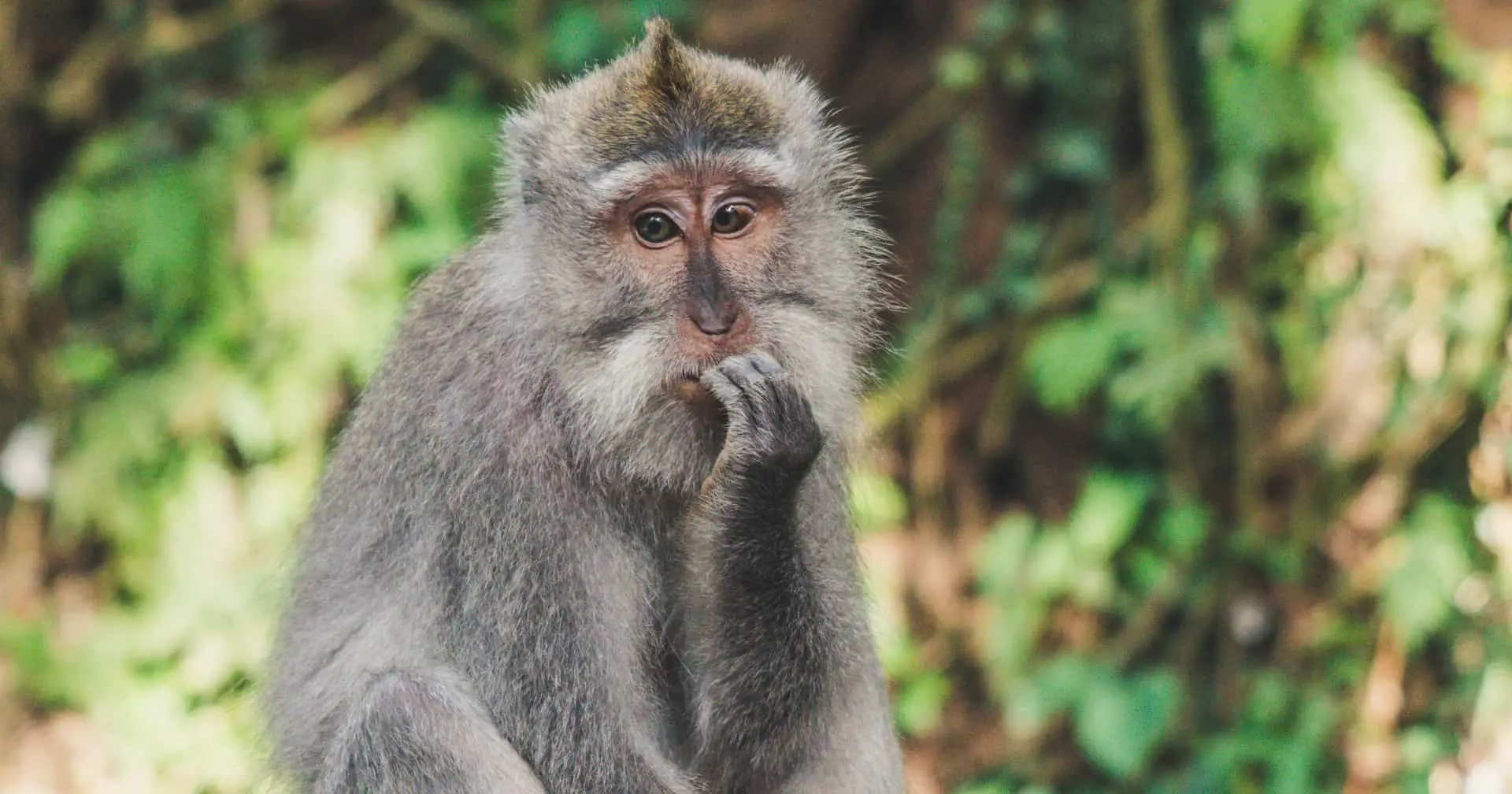Keeping a pet monkey at home will soon become illegal in England unless you meet specific standards – with a new law set to go through the House of Commons tomorrow (31st January).
The RSPCA has long campaigned for a ban on the keeping and sale of primates as pets.
In the absence of an outright ban, licensing should limit who can keep primates in the long-term and, if properly enforced, will restrict primate keeping.
Urgent call for clarification
However, the charity has called for the UK Government to urgently clarify the fate of current pet monkeys once the new rules are introduced in 2026.
On Wednesday, the Animal Welfare (Primate Licences) (England) Regulations 2023 will be discussed by a committee of Members of Parliament – and is widely expected to pass.
It will then go onto the House of Lords.
Under the plans, it will become illegal for a primate to be kept in a domestic setting in England – unless owners meet certain licensing conditions, enforced by the local authority. The UK Government has stated that the standards will be equivalent to those required in zoos.
Once enacted, the keeping of monkeys and other pet primates will only be allowed under licence from 30th April 2026.
Presently, the RSPCA estimates 5,000 pet monkeys could be kept in the UK – despite it being “practically impossible” to meet their complex needs in a domestic setting.
Bowles: It was a manifesto commitment from the Conservative Party
David Bowles, head of public affairs at the RSPCA, said,
“Meeting the needs of monkeys and other primates is practically impossible to do in a household, domestic environment.
“Stopping the keeping of these primates as pets was a manifesto commitment from the Conservative Party – and it’s so important the UK Government keeps this pledge.
“That’s why this legislation will be a really important moment for animal welfare – ensuring primates can only be kept in an appropriate environment, as we all strive to create a better world for every animal.
“Too often, our dedicated officers are called to properties where monkeys live in the wrong surroundings, eat totally inappropriate diets and are at risk of suffering behind closed doors. This new law has the potential to change that.”
Concerns over pet monkeys
However, despite welcoming the new law, the RSPCA has urged the UK Government to offer assurances about monkeys currently kept as pets – and what will happen to them after 2026.
Marmoset monkeys, which are the most common type seen as pets, have an average lifespan of between 10 and 12 years – but can live for 20 years or more.
Clubb: We need a clear plan from the UK Government
Dr Ros Clubb, RSPCA head of wildlife, added,
While this new law is an important step forward, we need a clear plan from the UK Government about the thousands of pet monkeys living in England.
“With no ‘grandfather rights’ in the law, we need Ministers to clearly set out how the welfare needs of these monkeys will be met once the new law comes into force.”
Kept Animals Bill binned
Plans to end the keeping of primates as pets were previously included in the UK Government’s flagship Kept Animals Bill – but that was binned last year.
In Wales, the Welsh Government is currently consulting on the future licensing of private primate ownership – which the RSPCA is responding to.
More information on the RSPCA’s campaigning work can be found online.
News shared by Suzanne on behalf of RSPCA. Ed





